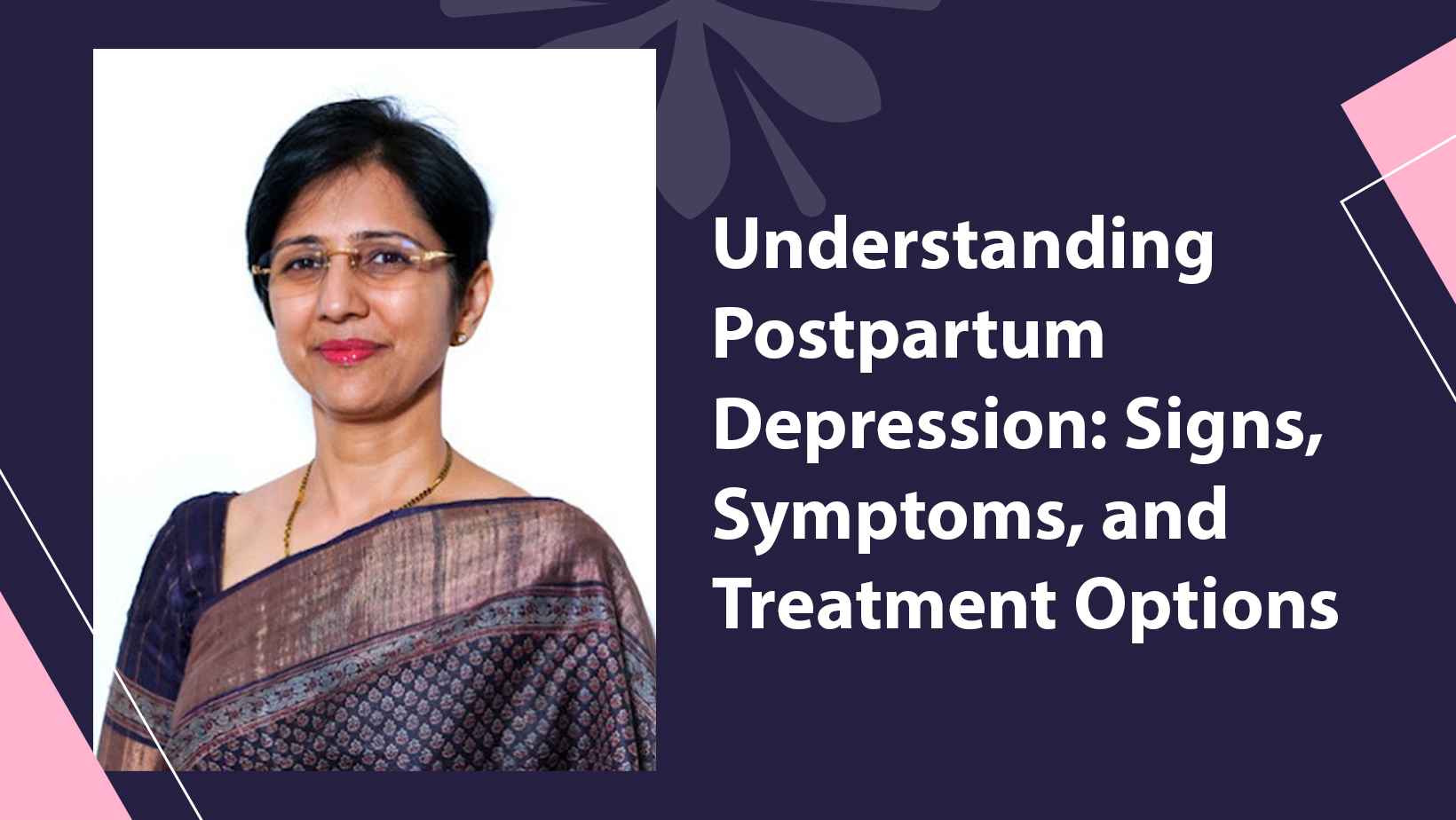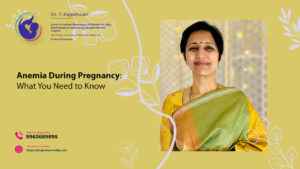Introduction:
Welcoming a new baby into the world is supposed to be a joyous occasion, but for some mothers, it can be accompanied by feelings of sadness, anxiety, and overwhelm. Postpartum depression (PPD) is a common and serious mental health condition that affects many new mothers. In this blog, we’ll explore what postpartum depression is, its signs and symptoms, and the treatment options available to support mothers through this challenging time.
What is Postpartum Depression?
Postpartum depression is a type of mood disorder that affects women after childbirth. It can occur anytime within the first year after giving birth, although it most commonly begins within the first few weeks or months. PPD is different from the “baby blues,” which are mild mood swings that many women experience after childbirth. PPD symptoms are more severe and persistent, impacting a mother’s ability to care for herself and her baby.
Signs and Symptoms of Postpartum Depression:
- Persistent feelings of sadness, hopelessness, or emptiness
- Loss of interest or pleasure in activities once enjoyed
- Changes in appetite or weight
- Trouble sleeping or sleeping too much
- Fatigue or loss of energy
- Feelings of worthlessness or guilt
- Difficulty concentrating or making decisions
- Thoughts of harming oneself or the baby
Treatment Options for Postpartum Depression:
Postpartum depression is a treatable condition, and there are several options available to help mothers feel better:
- Therapy: Counseling, such as cognitive-behavioral therapy (CBT), can help mothers address negative thought patterns and develop coping strategies.
- Medication: Antidepressant medications may be prescribed to help regulate mood and alleviate symptoms.
- Support Groups: Joining a support group for mothers experiencing postpartum depression can provide valuable emotional support and reassurance.
- Self-Care: Engaging in self-care activities, such as exercise, proper nutrition, and adequate sleep, can help improve mood and overall well-being.
Dr. Rajeshwari Reddy’s Approach to Postpartum Depression:
As a compassionate and experienced gynecologist, Dr. Rajeshwari Reddy understands the challenges that new mothers face, including postpartum depression. She offers personalized care and support to help mothers navigate this difficult time and regain their emotional well-being. Through a combination of therapy, medication, and supportive interventions, Dr. Rajeshwari Reddy works closely with her patients to develop a treatment plan that meets their unique needs and goals.
Conclusion:
Postpartum depression is a serious condition that requires prompt recognition and treatment. By understanding the signs, symptoms, and treatment options for PPD, mothers can seek the help they need to recover and thrive. With the support of a compassionate healthcare provider like Dr. Rajeshwari Reddy, mothers can overcome postpartum depression and enjoy the precious moments of motherhood.
Contact Dr. Rajeshwari Reddy’s practice today to schedule a consultation and get the support you need.





